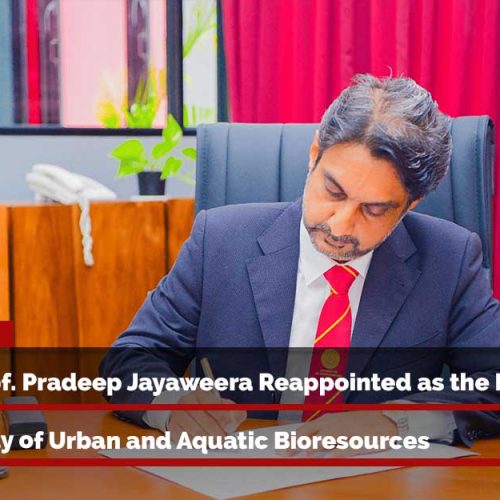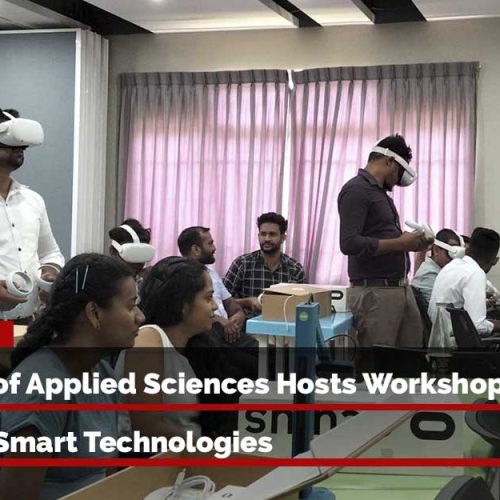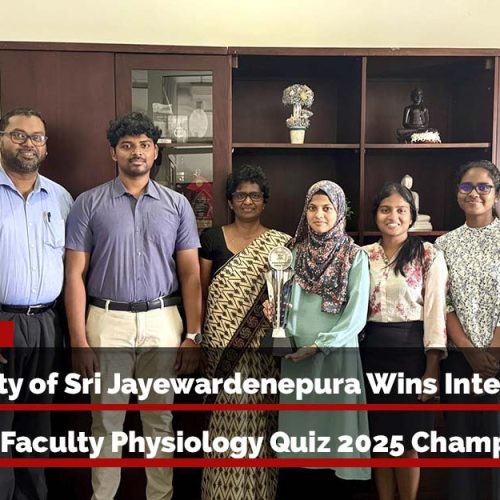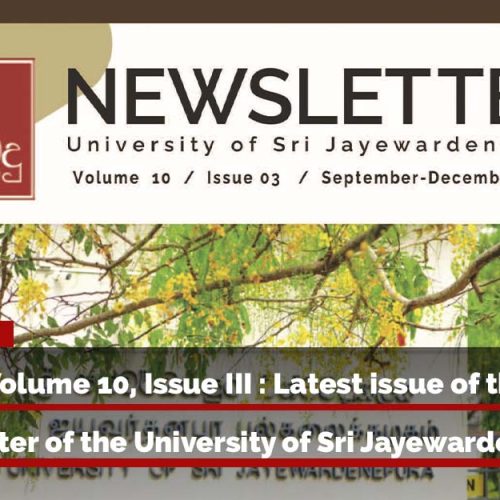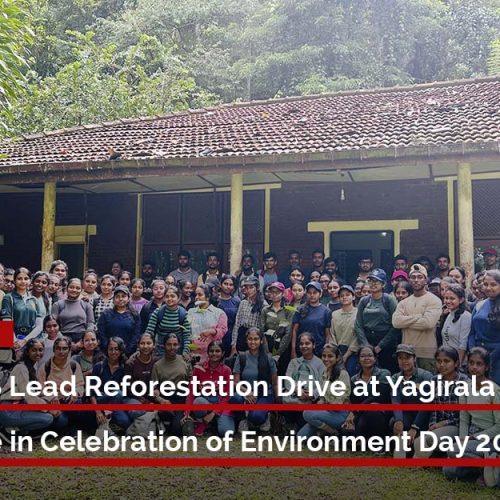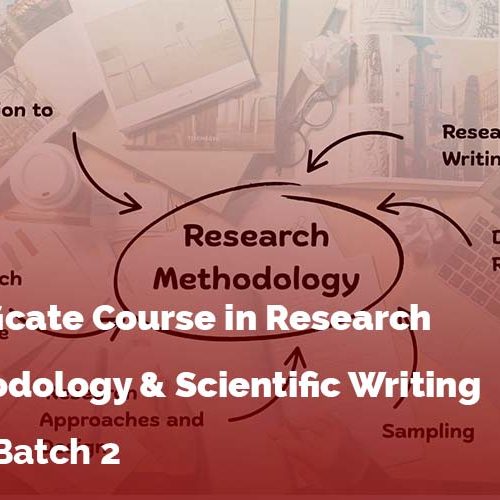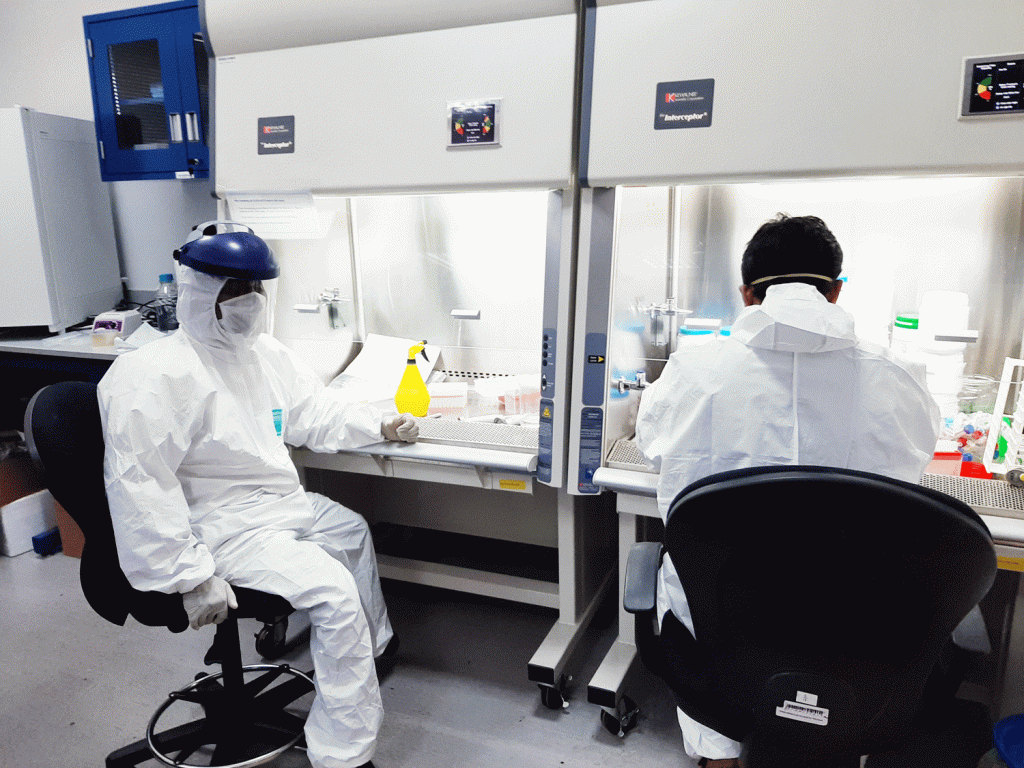
The Centre for Dengue Research at the very onset of the COVID-19 outbreak, initiated PCR testing for the SARS-CoV2 as it was of national importance to do so. Since identification of the first Sri Lankan patient on the 10th of March, they have currently carried out approximately 5000 PCR tests. Dedicated team of scientists have been working all seven days, late into the night, in order to provide such a service.
As an internationally reputed laboratory, carrying out cutting edge research on dengue pathogenesis and drug discovery, they are currently carrying out the following research activities in Collaboration with the National Institute of Infectious Disease, Colombo Municipality Council and University of Oxford.
- Whole genomic sequencing of the SARS-CoV2 strains in Sri Lanka:
They have established the technique of whole genomic sequencing in Sri Lanka and so far, have completely sequenced 4 strains. They will continue this research of sequencing more virus strains to find out if certain strains contribute to virulence and if critical mutations occur in the viral strains in Sri Lanka - Antibody responses to SARS-CoV2: They have already initiated these experiments and their initial results have been shared with relevant authorities. They will also study the neutralizing antibody responses to SARS-CoV2, using a technique developed by Prof. Linfa Wang, of Duke NUS. Determining the neutralizing antibodies will also help them to identify potential donors for convalescent plasma treatment if needed in those with severe disease
- Identifying biomarkers and inflammatory mediators that lead to severe disease: While most patients develop mild disease, some individuals develop pneumonia leading to fatalities. They are in the process of identifying inflammatory mediators and possible biomarkers that identify such people developing severe disease and also find out factors that cause severe disease.
- Serosuvillence study in the community to determine the extent of silent infection: In collaboration with the CMC they are carrying out surveillance to determine the level of silent infection by antibody testing in the community.
- T cell responses to the SARS-CoV2: They will be initiating T cell studies to determine cellular immune responses in mild vs severe disease to understand the factors leading to severe disease and prolong viral shedding.
Apart from the above, this team is collaborating with many other organizations in COVID-19 studies.
In this research to study immune responses to COVID-19, the scientists from University of Oxford and University of Sri Jayewarenapura will be analysing blood samples from healthy individuals, as well as current and recovered COVID-19 patients in both the UK and Sri Lanka, to see how different kinds of existing immunity affect disease. They are particularly interested in T cells, (a kind of white blood cell that is crucial for adapting the body’s immune response to specific pathogens), as well as antibodies (a blood protein manufactured by the body to attack specific pathogens). Current research indicates that immune responses to the novel SARS-CoV2 plays a key role in the disease outcome. However, the immune responses that lead to mild vs severe disease is still poorly understood. By comparing immune markers in blood samples from the UK versus Sri Lanka, the researchers hope to understand how existing immunity to different viruses (including other coronaviruses) might influence the immune response to a COVID-19 infection.
The study is a continuation of a successful 12 year collaboration between Professor Graham Ogg, who currently heads the MRC Human Immunology Unit at the MRC Weatherall Institute of Molecular Medicine, and Professor Neelika Malavige at the University of Sri Jayewardenepura. The study is led by Professor Graham Ogg who is also a visiting Professor at the University of Sri Jayewardenepura. The scientists want to bring the expertise and knowledge they’ve acquired to understand the immune responses in individuals with COVID-19. The collaborative research work on dengue carried out by this team has been published in high impact factor international journals and has received wide international recognition.














